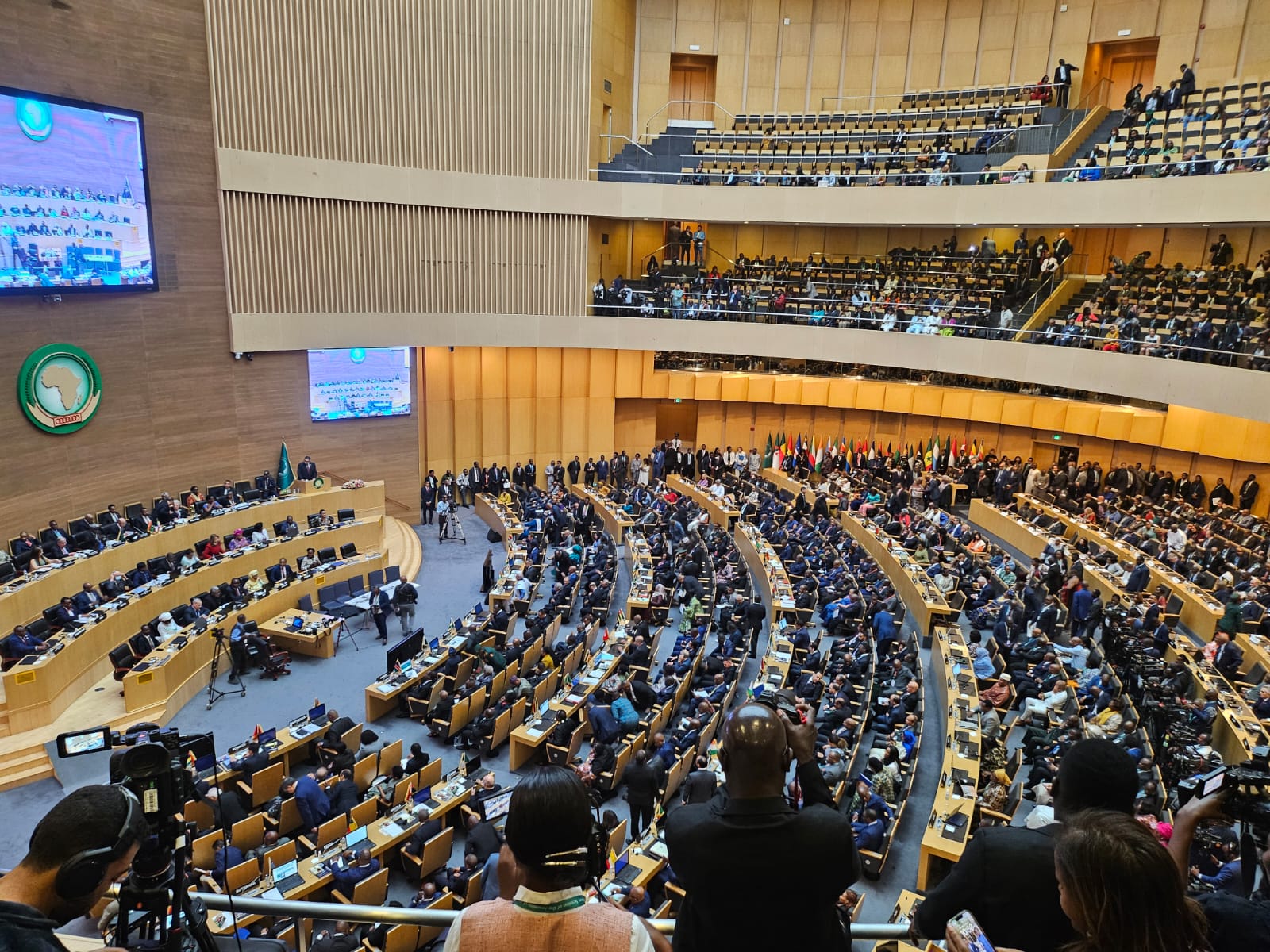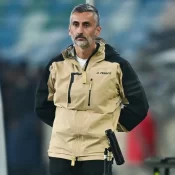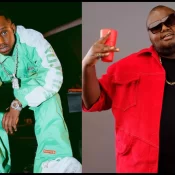
The AU conference is unlikely to advance Congo given Rwanda’s resistance
The African Union conference this weekend is focused on the Congo’s war, but diplomatic progress seems unlikely since the rebels continue to advance and Rwanda’s leader, who is suspected of supporting them, has pledged to “spit in the face” of anybody who punishes him for his activities.
The M23 rebels’ push in eastern Congo has raised concerns that the Great Lakes area of Africa might revert to a larger war that is engulfing neighboring militaries, evoking memories of the millions of people who died in battles in the 1990s and 2000s.
The next step in regional attempts to end the crisis is expected to be the AU meeting in Addis Ababa on Saturday and Sunday. However, rebels disregarded pleas for peace during a conference last week and have advanced on Bukavu, which is about 200 kilometers south of Goma, the largest city in eastern Congo that was taken last month.
“This, in my opinion, is Africa’s most pressing challenge at the moment. Stephanie Wolters, a senior research fellow at the South African Institute of International Affairs, told Reuters that the moment has come for the African Union to demonstrate its power.
Rwanda has been urged by world leaders to stop supporting the M23 fighters, which comprise troops and sophisticated military equipment, according to U.N. experts.
The United States has threatened to impose penalties on officials in Rwanda and the Congo. On Thursday, the European Parliament called on the EU to stop providing Rwanda with direct budgetary assistance.
President Paul Kagame, however, is unyielding.
Although Rwanda has denied support for M23 on several occasions, it has stated that it will take all necessary steps to protect itself against Hutu extremists in Congo who, according to Kigali and M23, are still determined to kill Tutsis and assault Rwanda thirty years after the 1994 genocide.
THREATS THAT EXIST
As they take up arms in the mineral-rich eastern borderlands, which are far from the capital, Kinshasa, M23 is the most recent in a series of Rwanda-backed rebel groups in Congo to invoke this danger.
“For years, we have been threatened with extinction. In 1994, we had the biggest disaster. I’m defending myself, so you seriously approach me and start threatening… sanctions? And you believe that I’m even slightly afraid of it?” This week, Kagame told the French magazine Jeune Afrique.
He mentioned a genocidal incident in which a woman who was going to be slain was asked to select her preferred method of death. He said that instead, she spat in her attackers’ faces.
“You can imagine how much I am going to spit in the face of anyone who tells me to choose between which death I should face,” he stated.
Felix Tshisekedi, the president of Congo, traveled to Germany on Thursday to attend the Munich Security Conference, where he aimed to increase international participation in addressing the country’s issue, according to a post on X from his office.
According to a source in the presidency, he is expected to proceed to the AU conference following that.
Goma was last taken by M23 rebels in 2012. The insurgents were beaten by an aggressive African army, severe international pressure, and threats of assistance cutbacks to Rwanda, but they only held the city for a short time before leaving.
However, analysts warn that this time around, there is greater reluctance to confront Rwanda, and international leaders’ attention is being consumed by the several other global issues.
Congolese army, supported by hundreds of Burundian troops who have also gone into Congo, have stalled the M23’s southward progress. Regional tensions are exacerbated by the high level of hostility between Rwanda and Burundi.
All Categories
Recent Posts
Tags
+13162306000
zoneyetu@yahoo.com



